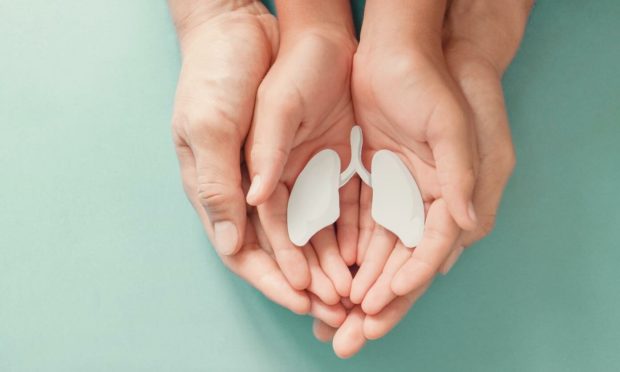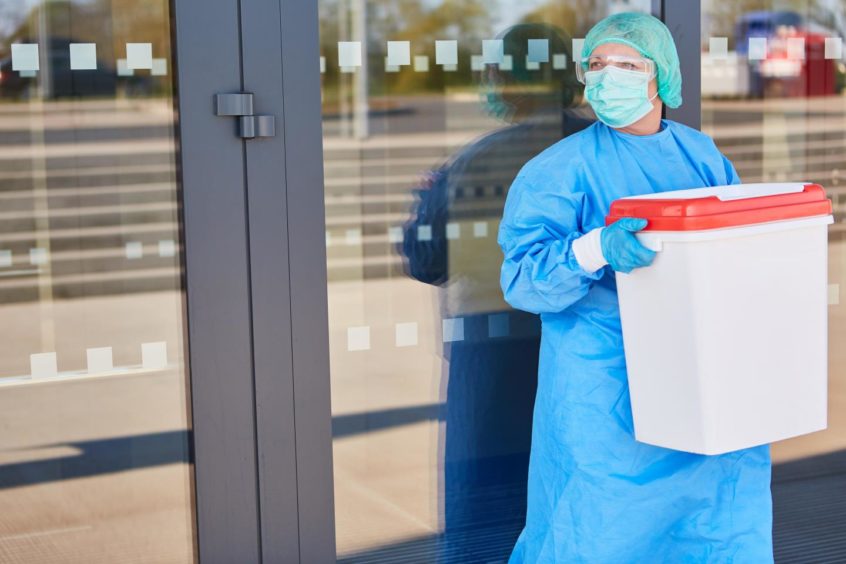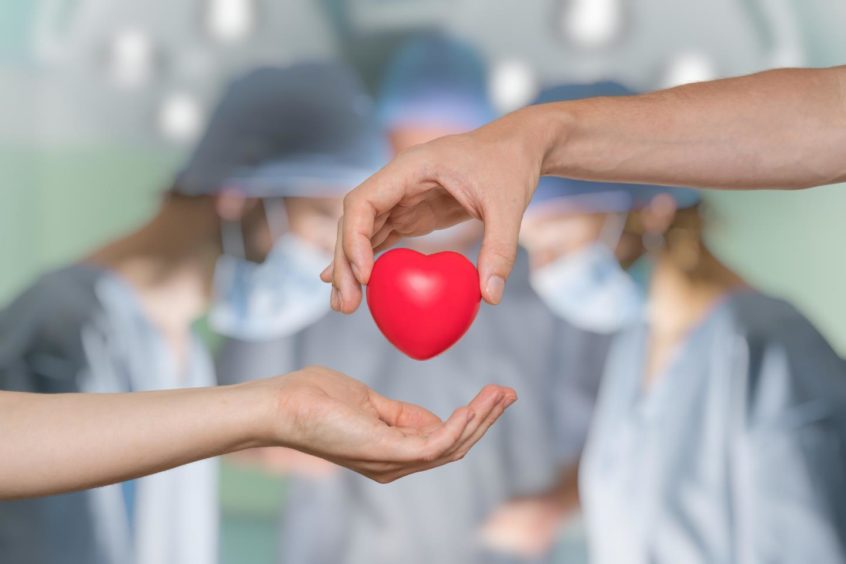Every year, 500 people in Scotland are waiting for an organ donation, but there aren’t enough donors to make sure everyone gets the transplant they need.
It’s Organ Donation Week and we’re answering all your questions about organ donation in Scotland.
What is the law on organ donation in Scotland?
Since March this year, Scotland has operated under an ‘opt out’ organ donation system.
This means if you have not opted out when you die, the law allows for the donation of certain organs and tissue for transplantation.
While the law has changed to an opt out system, you can still register to be an organ donor on the Organ Donation Scotland website.
Doing this can make it easier for your loved ones to honour your decision around organ donation after your death.
More than 50% of Scots have already joined the Organ Donor Register.
I want to donate my organs – will they definitely be used?
Only around 1% of people die in a way that means their organs can be used – part of the reason so many are waiting for a transplant.
According to the NHS, to donate organs after death, a person needs to die in hospital under specific circumstances.
Donors are usually those who have died in a hospital intensive care unit or emergency department.
So just because you’ve registered to be an organ donor, and an opt out system is now in place, these limitations mean only certain people can donate their organs after death.
Can anyone become an organ donor?
Donations are primarily about the condition of the organ, as opposed to age.
There is no upper age limit to be an organ donor and in Scotland, children aged between 12 and 16 can record their own donation decision on the register.
For under 12s, parents can register a donation for their child.
If you have a health condition, you are likely still able to donate. Medical conditions that preclude someone from becoming an organ donor include:
- Current active cancer where the cancer is not in remission (although cornea donation may still be possible for those with active cancers)
- Ebola virus
- Current infection with a range of viruses, including the Zika virus
- Untreated tuberculosis
- Certain conditions that are very rare in the UK, including rabies and yellow fever
Lifestyle factors such as smoking and drinking alcohol do not necessarily preclude you from donating an organ, but it depends on a case-by-case basis.
Which organs can I donate?
You can donate some or all of the following organs after your death:
- Heart
- Lungs
- Liver
- Kidneys
- Pancreas (including pancreatic islets)
- Small bowel
Father of five, Malcolm, received a life-saving kidney transplant in 2005. Did you know one donor can save and transform up to nine lives and even more by donating tissue? Whatever your donation decision make it known. Find out more: https://t.co/UWyAIBvyBu pic.twitter.com/tESSZ41QXE
— Organ Donation Scotland (@scotorgandonor) September 9, 2021
You can also choose to donate your tissue. The most commonly donated tissue are:
- Heart valves
- Tendons
- Parts of the eye, such as the cornea
- Patches of skin
Why should I donate my organs when I die?
According to the NHS, three people in the UK die every day waiting for an organ transplant.
But one organ donor has the potential to save the lives of up to nine people on the transplant waiting list.
To find out more about the impact donating your organs could have after you die, visit www.organdonationscotland.org


